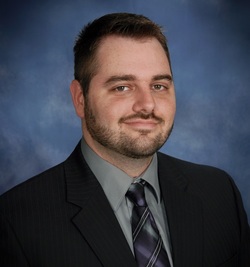Depending on the situation, less than you might think.
Probate is the court process by which a deceased person’s assets are transferred to the people she left her assets to in her will, or if she died without a will, transferred to her next of kin.
Assets that are transferred through a probate court are called probate assets. However, not everything a deceased person owns has to go through probate in order to be transferred to someone else. Specifically, jointly-owned assets and assets with named pay-on-death beneficiaries do not have to go through probate.
Jointly-owned assets are just what they sound like: assets that are owned jointly between two or more people. Almost anything can be a jointly-owned asset: land, bank accounts, vehicles, you name it. When one owner of a jointly-owned asset dies, the asset does not go through probate. Instead, the deceased’s person’s name is simply removed from the asset, and the surviving owners continue on. For example, let’s say Abbot and Costello have a joint checking account. If Abbot dies, his name is taken off the account and Costello owns the account (and all the money in it).
Other assets are not jointly-owned, but they have named pay-on-death beneficiaries. These assets are usually financial accounts, such as IRAs, 401(k)s, 403(b)s, annuities, and so forth. They are owned by one person, but the owner can name someone else as a pay-on-death beneficiary.
The beneficiary is usually the owner’s spouse or children, but the owner can name anyone he likes as the beneficiary. Upon the owner’s death, these accounts don’t go through probate. Instead, they either pay out to the beneficiary automatically, or the beneficiary has the option to roll over the account into their own account.
Either way, the beneficiary gets access to and control over the account without probate. In other words, these assets work much like life insurance policies do: on the death of the owner, they pay out to the beneficiary, no probate needed.
So, what actually goes through probate? In most cases, the answer is assets that were just in the deceased person’s name and did not have named pay-on-death beneficiaries.
If you have questions about probate, whether it’s how to make sure your assets go to the people you want after your passing, or how to handle the estate of a deceased loved one, call or email us to schedule a consultation. We’ll show you exactly how probate applies to your situation, and how we can make sure you or your loved one’s final wishes are taken care of.

